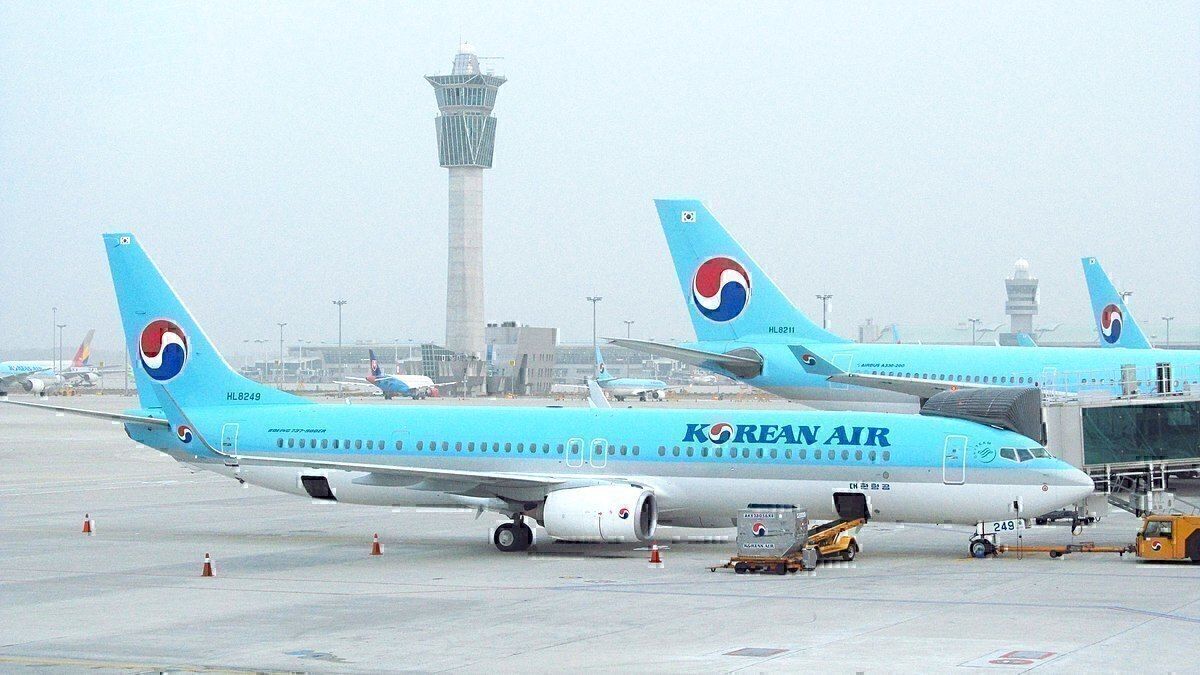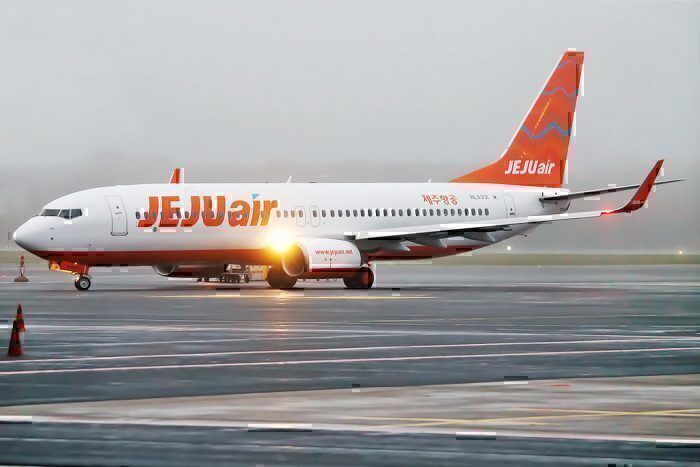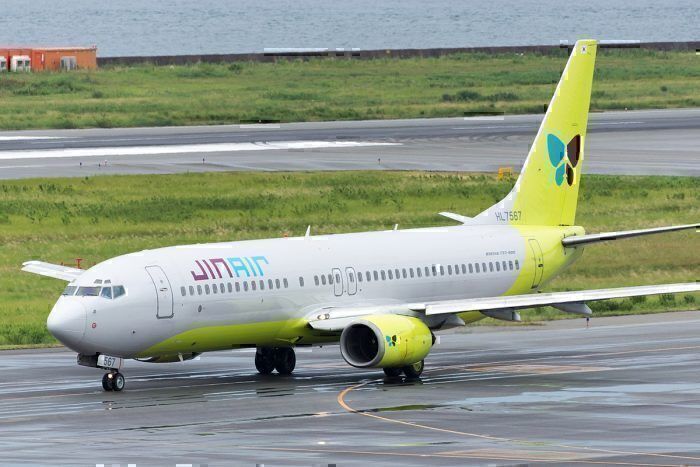South Korea’s Ministry of Transport has reportedly begun inspecting older Boeing 737 NGs for pickle fork cracks. Out of 42 aircraft so far inspected, nine have been found to be suffering with the issue and are grounded pending repair. 108 aircraft remain to be inspected.
What’s happening?
Reuters is reporting today that no less than nine 737 NG aircraft are grounded after inspections revealed structural cracks. South Korea’s transport ministry told Reuters today that these issues would require repair before the aircraft can be brought back into service.
Five of the nine aircraft belong to Korean Air Lines. According to data from Planespotters, Korean Air operates some 32 next generation Boeing 737s, and has four of the MAX variant on order. A spokesperson confirmed to Reuters that the grounding would not impact schedules, as they would be able to swap the aircraft needing repair with other jets in the fleet.
The Korean Transport Ministry did not identify where the other four grounded aircraft belong. Four other airlines in South Korea operate the 737 NG, including Eastar Jet, T’way Airlines, Jeju Air and Jin Air. Investors Hub suggests that the affected airlines are Jeju Air and Jin Air.
The ministry reported that, following inspections of 42 older Boeing 737 NGs, nine were found to have issues with cracks. Altogether, South Korea is inspecting a total of 150 737s, with the remaining 108 still undergoing inspection. If that hit rate continues (around 20%), we could see many more being grounded over the coming days and weeks.
Pickle forks
At the end of September, the FAA issued an order for all airlines to inspect their Boeing 737 NGs for cracking. This was after Boeing themselves identified this issue in some of the older NG models. The part that suffers cracking is known as the ‘pickle fork’.
The pickle forks are an essential component that provides structural integrity to the jets. Their primary purpose is to provide attachment between the wings and the fuselage. According to Boeing, they “manage the stress, torque and aerodynamic forces that bend the connection between the wings and the body of the jet”.
Clearly, a failure of this component in flight could have dire consequences. As such, the FAA demanded immediate inspections of aircraft with more than 30,000 flying hours, although the inspection is likely to extend to younger aircraft too over time.
In US inspections of 810 of the jets, 38 were found to have pickle fork cracks. Clearly South Korea has decided to follow suit and inspect its own fleets also. Although it seems the issue is largely confined to older, high use aircraft, it makes sense to broaden inspections given the seriousness of the situation.
EASA is yet to issue a similar directive and it is unknown which other airlines or regulatory authorities are undertaking inspections so far.



